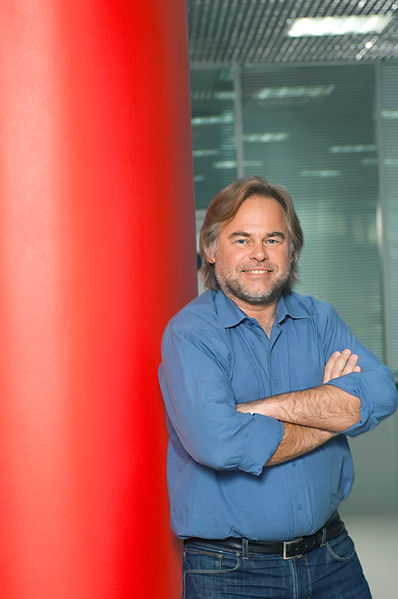

It was in the last days of the Soviet Union, and after university I worked at a military research institute as a software engineer. I started my career in IT security, accidentally. Tell us a bit about how you started and highlights of your career. Then, in 1997 Kaspersky Lab was founded, with Eugene heading the company’s antivirus research.

His specialized education in cryptography helped him analyze the encrypted virus and understand its behavior and then develop a removal tool for it.Īs a result, in 1990, Eugene started gathering a team of like-minded enthusiastic researchers to create the AVP Toolkit Pro antivirus program.įour years later, the University of Hamburg recognized this as the most effective antivirus software in the world. He began his career in cyber security accidentally when his computer became infected with the “Cascade” virus in 1989. And he believes that the software's ability to detect those kinds of threats and suggest connections between the source code of malware it detected and malware from other sources, among other factors, suggested that perhaps the software detected something the US government didn't want revealed - a view supported by Kaspersky APAC boss Stephan Neumeier.Eugene Kaspersky, Chairman of Kaspersky Lab He suggested that threats fell into two broad categories: Those that stole data and were focused on espionage and those that stole money and we're most likely criminal. Kaspersky told ZDNet that his software doesn't focus on attribution but could detect state-sponsored threats. "I think that it's better to ask this question on the other side of the Pacific Ocean," he said. After two years, no proofs, no data at all," the eponymous CEO said.Īt the time of the ban, his company transacted just $50,000 with the US government - a figure he called "nothing", noting that the congressional hearings into the ban had cost the US government far more than the revenue he lost - at least initially. Kaspersky describing the time as a "shitstorm".


 0 kommentar(er)
0 kommentar(er)
